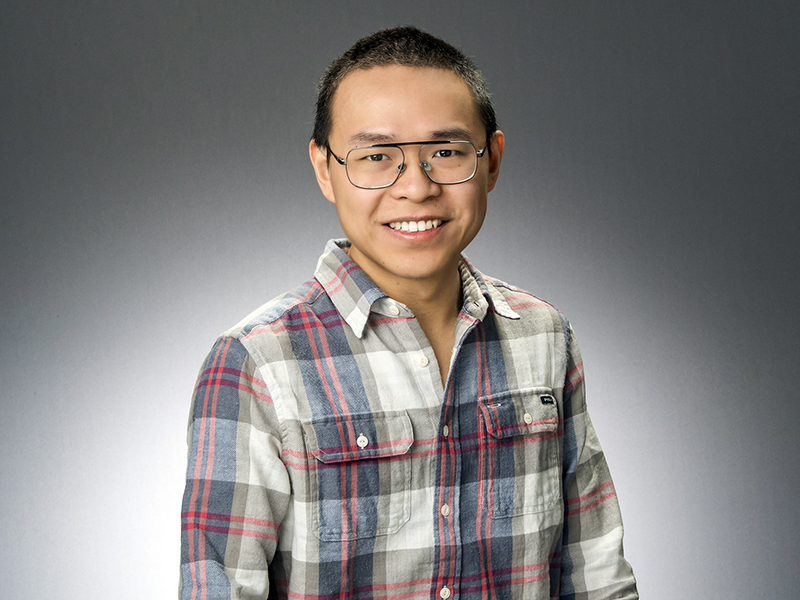Dr. Xun Jiao Awarded NSF Grant to Addresses Challenges of Scalability in IoT Systems

Despite his relatively short tenure as an assistant professor, Dr. Xun Jiao in the Electrical and Computer Engineering department has already received a great deal of recognition for his work on the Internet-of-Things (IoT) and machine learning. Most recently, he earned a National Science Foundation Collaborative Research grant for PPoSS (Principles and Practice of Scalable Systems): Planning: S3-IoT: Design and Deployment of Scalable, Secure, and Smart Mission-Critical IoT Systems. The $250,000 Phase 1 award will be shared with researchers from the University of Notre Dame, University of Florida, University of Connecticut, Syracuse University, and Kansas State University. For his part, Dr. Jiao was granted $50,000 to develop artificial intelligence/machine learning algorithms to design a better computing system for an IoT system in the smart transportation context. He will also contribute software testing methods to discover security vulnerabilities of software/firmware in these systems.
“The rapid advancement of sensing, computing, and communication devices is leading to an explosion of IoT infrastructures,” explains Dr. Jiao. He adds, “Scalability is a pressing issue.” The three main challenges being faced are:
- The enormous number of edge devices has made centralized management infeasible
- There are multiple layers of heterogeneity
- Mission-critical applications of larger IoT systems struggle to meet their stringent correctness, resilience, timeliness, security, and safety requirements
As head of the College of Engineering’s Dependable, Efficient, and Intelligent Computing Lab and associate editor of Transactions on Computer-Aided Design of Integrated Circuits and Systems—the top academic journal in his field—Dr. Jiao is uniquely qualified for this important new research project. He looks forward to completing phase 1, which lasts a year, after which proposals will be written for phase 2, which is worth $1M a year for five years.
